Workers at unionized Apple Stores are raising questions about an independent audit of the company's U.S. labor practices, suggesting it excluded them.
In January, Apple agreed to a labor practices audit requested by several prominent investors ahead of its annual shareholder's meeting.
That audit is focusing on whether Apple complies with its own official human rights policy "regarding workers' freedom of association and collective bargaining rights in the United States."
Workers representing the Penn Square store in Oklahoma City and Towson Town Center store in Towson, Maryland say that the clock is running out on the audit, which is expected to be completed in December, and they have yet to be contacted for feedback.
"While we are pleased that Apple has agreed to undergo this assessment, we are concerned that Apple's unionized workers have yet to be consulted in the auditing process. With less than three months left before the audit concludes in December 2023, we are worried that our voices and experiences will be left out of the third-party assessment," they wrote.
The workers assert that despite their labor organization efforts, Apple continues to engage in "a vicious anti-union campaign."
"In less than one year, we have had to file six unfair labor practice (ULP) charges on behalf of our two stores alone. In June 2023, the National Labor Relations Board (NLRB) issued a complaint against Apple for labor violations at the Penn Square Apple store in Oklahoma City," they noted.
The company has repeatedly drawn criticism for its retail store labor practices: earlier this year, the NLRB ruled that Apple "coercively interrogated" World Trade Center store employees and violated their rights.
The Coalition of Organized Retail Employees (CORE) alleged in July that Apple has refused to bargain in good faith, violating several laws under the National Labor Relations Act (NLRA) in the process.
Apple's retail store labor troubles have also drawn the attention of Congress. In May, two members of Congress wrote to the NLRB to express concern over Apple's treatment of retail employees in Kansas City, Missouri and Houston, Texas.
Despite the organization efforts of the Penn Square and Towson Town Center stores, the vast majority of Apple Stores remain un-unionized. Unionization efforts are expanding abroad, however.
In September, workers at Apple's Glasgow, Scotland store reached an agreement with the company over pay raises. The store became the first unionized location in the UK in February.
Staff at Apple's Southampton, UK store notified management in September of their intention to unionize, requesting "voluntary recognition" of their status. The group criticized Apple's "treatment of disabled, neurodivergent and chronically ill staff as well as fears around job security, particularly associated with changes being made to Genius Bar."
The UK's United Tech and Allied Workers (UTAW) group allege that Apple has orchestrated anti-union measures at its UK stores, using veiled language and implied threats to chill union organization efforts.
 Peter Cohen
Peter Cohen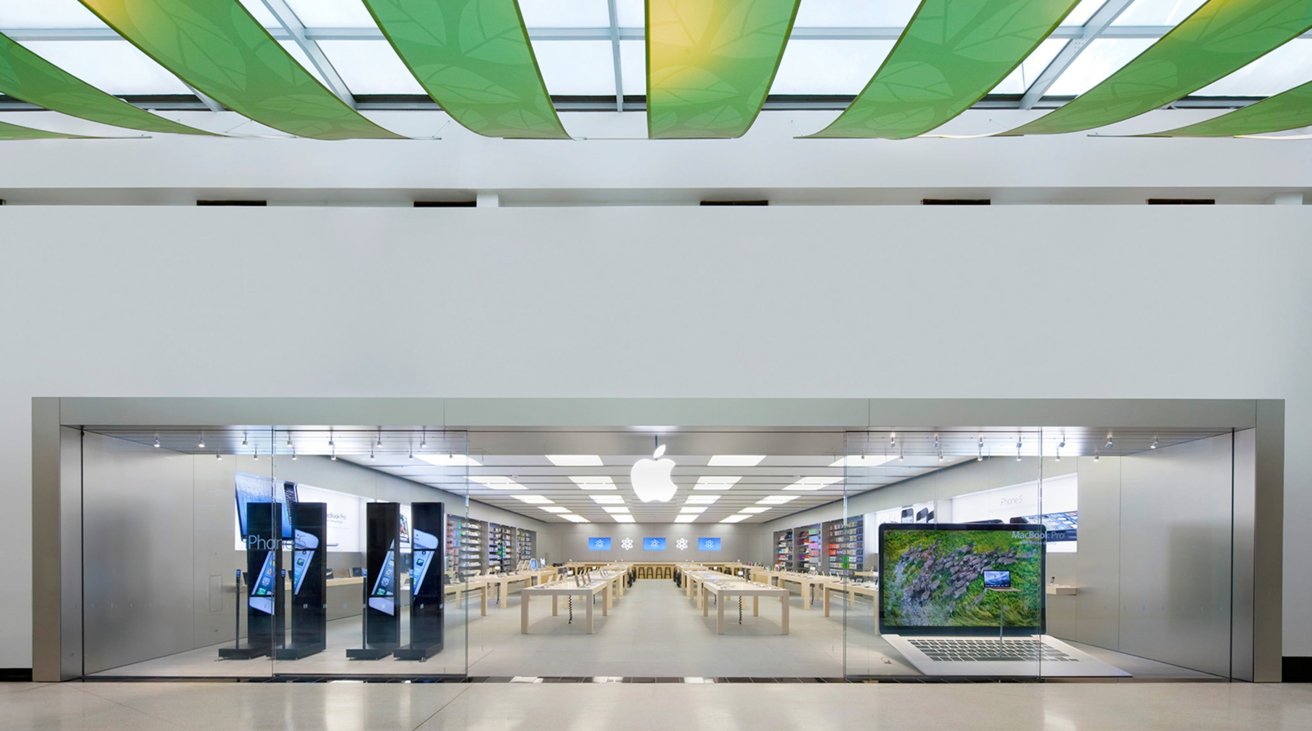
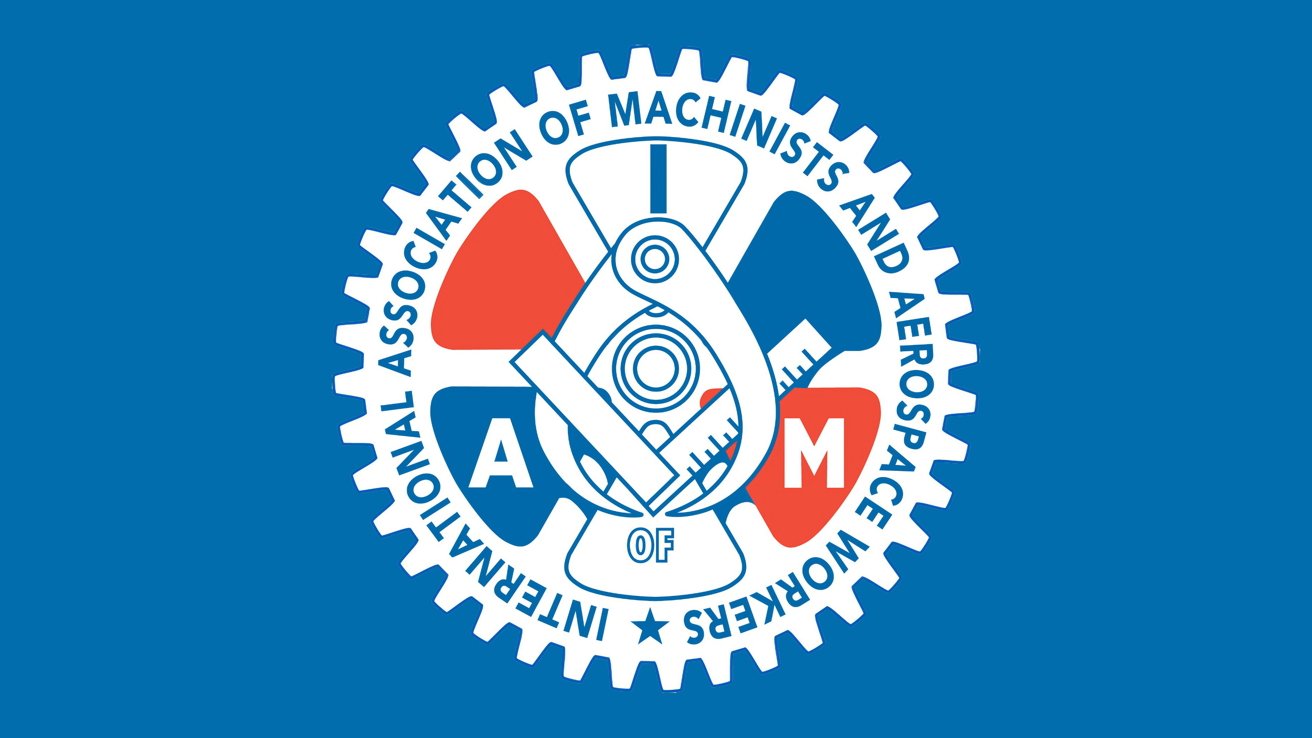







-m.jpg)






 Charles Martin
Charles Martin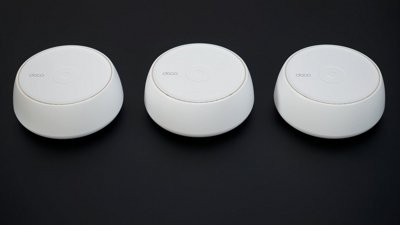
 Wesley Hilliard
Wesley Hilliard
 Marko Zivkovic
Marko Zivkovic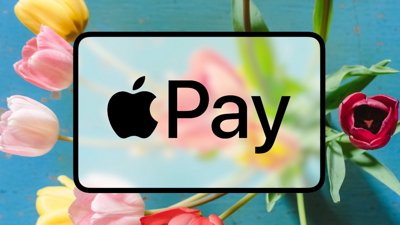


 Andrew O'Hara
Andrew O'Hara
 Malcolm Owen
Malcolm Owen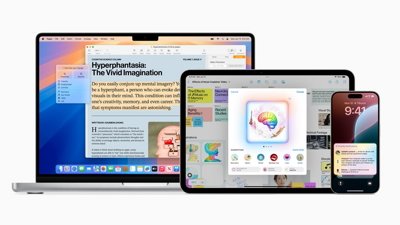
 Amber Neely
Amber Neely




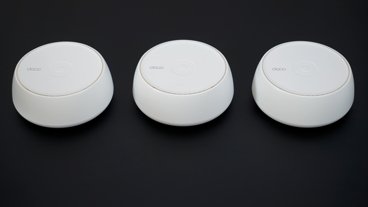



5 Comments
If the audit is intended to be a random/scientific survey, then that could explain why nobody in Podunk was contacted.
Podunk: noun, informal, US: a hypothetical small town regarded as typically dull or insignificant.